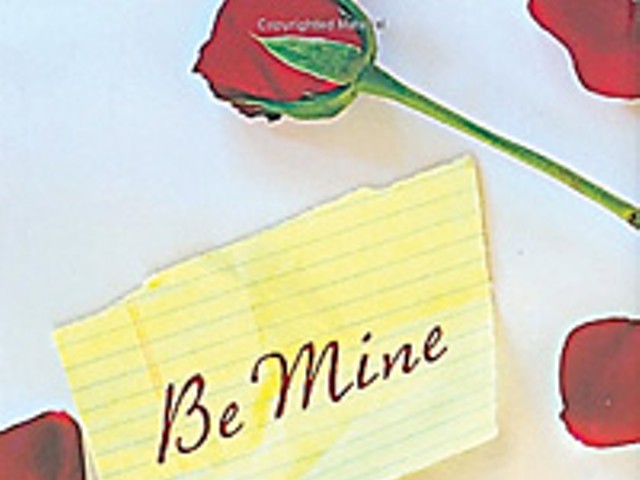Houghton Mifflin
$24 hardcover, 352 pp.
The Pub on D-Day.
Esther yearns to be British tonight of all nights. She's proud of her Welshness, of course, in the same half-conscious way she's shyly proud of her looks, but she's impatient with all the Nationalist talk. Some part of her knows that nationalism is part and parcel of provincialism. She has her own dreams of escape, modest ones mostly — of a spell in service in Liverpool like her mother before her — and occasionally more thrilling ones fueled by the pictures she sees at the Gaumont in Pen-y-groes. This corner of North Wales feels such a long way from the center of life, from London or Liverpool or, heavens, America. But nationalism, she senses, is a way of putting it back in the center, of saying that what's here is important enough. And this really is what Esther wants, what she dimly suspects they all want. To be important, to be the center of attention. Which is why she's so excited, as she moves through the crowd – "’Cuse me!" - collecting empties, stacking them up, glass on teetering glass, by the presence of the soldiers, by the relocation of the BBC Light Program a few years ago, by the museum treasures that are stored in the old quarry workings, even by the school-age evacuees. They’re refugees from the Blitz, most of them, but she doesn't care. If she can’t see the world, she’ll settle for the world coming to her.
Even American flyers, waiting to move on to their bases in East Anglia, occasionally drop in for a drink. But they're always faintly disappointing. Each time they're spotted sauntering around Caernarvon, getting their photos taken under the Eagle Tower, rumors start that it's James Stewart or Tyrone Power, one of those gallant film stars. But it never is. For the most part the Yanks are gangly, freckle-faced farm boys, good for gum, but insufferably polite (in the opinion of the local lads) with their suck-up "sirs" and "ma'ams", and ineffably ignorant, calling the locals Limeys and thinking Welsh just a particularly impenetrable dialect of English. Once, though, one of them, a navigator from 'Virginie', pressed a clumsily wrapped parcel of brown paper and string on Esther and when she opened it she saw it was a torn parachute. There was enough silk for a petticoat and two slips. He'd been drinking shyly in a corner for hours, summoning up his courage. She was worried he'd get into trouble, tried to give the bundle back, but he spread his hands, backed away. "Ma’am," he told her, and he said it with such drunken earnestness, she pulled the parcel back, held it to her chest. He seemed to be hunting for the words. "You .." he began. "Why, you're what we're fighting for!" She's dreamed of him since, getting shot down, bailing out, hanging in the night sky, sliding silently towards the earth, under a canopy of petticoats.
But soon now, she thinks, setting her stack of glasses down just before it topples, they might all leave – the soldiers, the evacuees, the BBC — and suddenly she can hardly bear the thought of it. Of being left behind.





